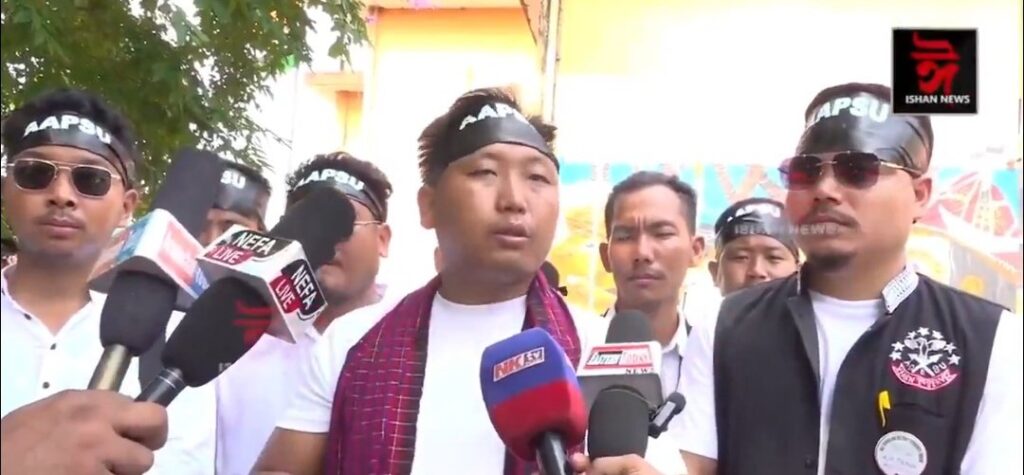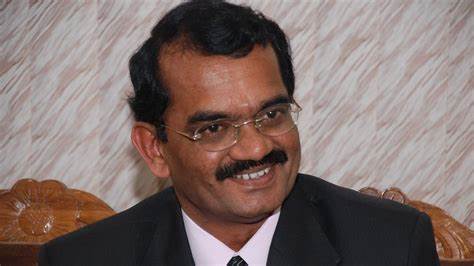Massive protests erupt in Arunachal over illegal immigration
Changlang, Arunachal Pradesh – A wave of protests has swept through Changlang district as thousands of students, local organizations, and indigenous groups rally against the alleged illegal immigration of Rohingya and Bangladeshi nationals into the region. The protests—among the largest seen in recent years—reflect mounting public frustration over what many locals see as a failure by the government to safeguard indigenous rights and the integrity of the state’s electoral process.
Changlang, located on the sensitive India-Myanmar border, has long been viewed as vulnerable to cross-border infiltration. With demographic anxiety peaking, protestors are demanding urgent identification and deportation of illegal immigrants, claiming that unchecked settlement is undermining political representation, cultural identity, and access to resources for Arunachal’s indigenous communities.
Protesters Demand Deportation and Electoral Roll Cleansing in Arunachal Pradesh
The protests in Changlang have centered on three core demands: identification and deportation of illegal immigrants, a thorough cleansing of the electoral rolls, and the protection of indigenous rights under constitutional and state provisions.
Student unions, including influential bodies like the All Changlang District Students’ Union (ACDSU), have been at the forefront of the agitation. Speaking to reporters, one student leader said:
“We demand immediate identification and deportation of illegal immigrants residing within the state. Their inclusion in voter lists is unacceptable and dangerous for our future.”
WATCH- pic.twitter.com/HeYYTNQ5pY
— Times Algebra (@TimesAlgebraIND) June 11, 2025
The protestors specifically highlighted Rohingyas and Bangladeshi nationals, claiming that many have illegally acquired documents like Aadhaar cards and voter IDs, posing a direct threat to the political sovereignty of tribal communities. They argue that if left unchecked, this could dilute indigenous representation, distort electoral outcomes, and lead to long-term demographic shifts.
Additionally, the student unions are pushing for a time-bound review of voter rolls, particularly in border-adjacent regions. They allege that illegal immigrants have been quietly included in electoral rolls, either due to administrative oversight or political manipulation. The protestors want an independent verification exercise, including input from local community bodies, to restore public trust in democratic institutions.
Indigenous Identity and Security at Risk Amid Government Inaction
The Changlang protests are more than a political demand—they are a reflection of rising socio-cultural anxiety among Arunachal Pradesh’s indigenous people. Protestors argue that the unregulated influx of outsiders is not just straining resources but also endangering tribal identity, land rights, and cultural heritage. Changlang’s geographical vulnerability, bordering both Myanmar and Nagaland, makes it a hotspot for illegal migration and cross-border activities. While the region has experienced smaller protests in the past, the scale and intensity of the current agitation have forced both state and central governments to take notice.
Some local political leaders have appealed for calm and stressed the need for dialogue, but also acknowledged that the issues raised are genuine and long overdue. There is now mounting pressure on the state government to:
- Strengthen border surveillance
- Tighten verification processes for citizenship documents
- Initiate community-driven demographic audits in sensitive areas
Moreover, the protests in Changlang are resonating across other Northeastern states, where similar concerns about illegal immigration, demographic imbalance, and indigenous rights have persisted for decades.
The issue also has national ramifications, especially as India grapples with refugee management, border security, and citizenship law enforcement. Many activists argue that without swift and firm administrative intervention, the region risks long-term instability, ethnic strife, and erosion of tribal autonomy.





















